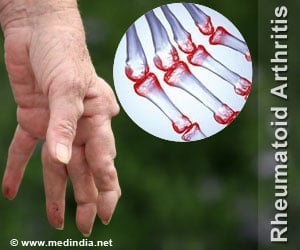A research team, led by scientists from Boston University School of Medicine (BUSM) claim that they have successfully used a single virus vector, instead of multiple viruses, to create
A research team, led by scientists from Boston University School of Medicine (BUSM) claim that they have successfully used a single virus vector, instead of multiple viruses, to create induced Pluripotent Stem (iPS) cells from mouse fibroblasts.
The researchers behind this breakthrough say that their work is a significant step toward the application of embryonic stem cell-like cells for clinical purposes.They see their success as a move towards the regeneration of organs damaged by inherited or degenerative diseases, including emphysema, diabetes, inflammatory bowel disease, and Alzheimer's Disease.
Reporting their work in the journal Stem Cells, the researchers said that the high number of genomic integration, which typically occurs when multiple viruses are used for reprogramming, poses the risk of cancer in humans.
Project leader Gustavo Mostoslavsky, Boston University Assistant Professor of Medicine in the Gastroenterology Section, has revealed that his six-member team combined the four vectors that were previously required for reprogramming process, essentially a separate virus for each reprogramming gene-namely Oct4. Klf4, Sox2 and cMyc.
The researcher said that that combination resulted in a single "stem cell cassette" containing all four genes.
The cassette named STEMCCA was comprised of a single multicistronic mRNA encoding the four transcription factors using a combination of 2A peptide technology and an internal ribosomal entry site (IRES).
Advertisement
"The use of a single lentiviral vector for the derivation of iPS cells will help reduce the variability in efficiency that has been observed between different laboratories, thus enabling more consistent genetic and biochemical characterizations of iPS cells and the reprogramming process," the researchers concluded.
Advertisement
The researchers revealed that their approach helped generate several iPS clones with a single viral integration, a major advance compared to the multiple integrations observed in other studies.
"Now we could move forward toward the elimination of the whole cassette using recombination technologies," said Mostoslavsky.
Darrell N. Kotton, another co-author on the paper and an Assistant Professor at Boston University Medical School's Pulmonary Section revealed that preliminary studies had already confirmed that the STEMCCA vector works with high efficiency for the reprogramming of human cells.
Source-ANI
SK














